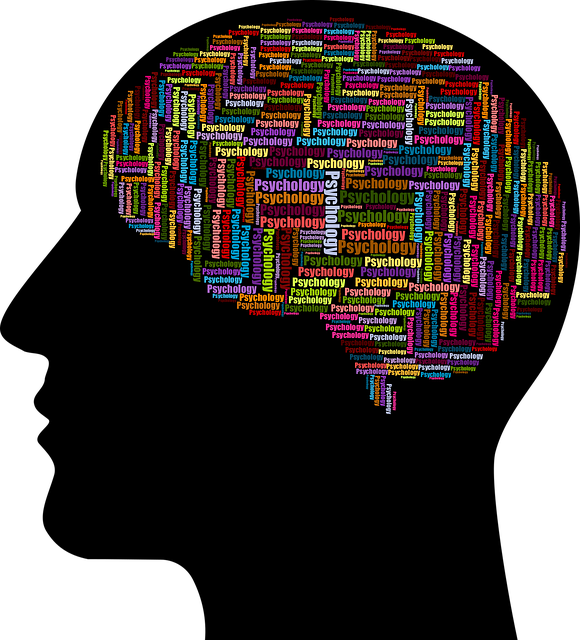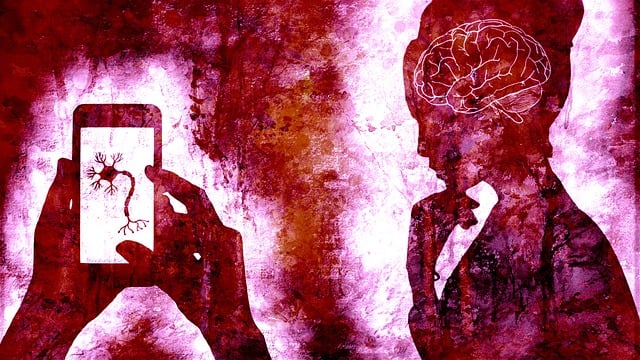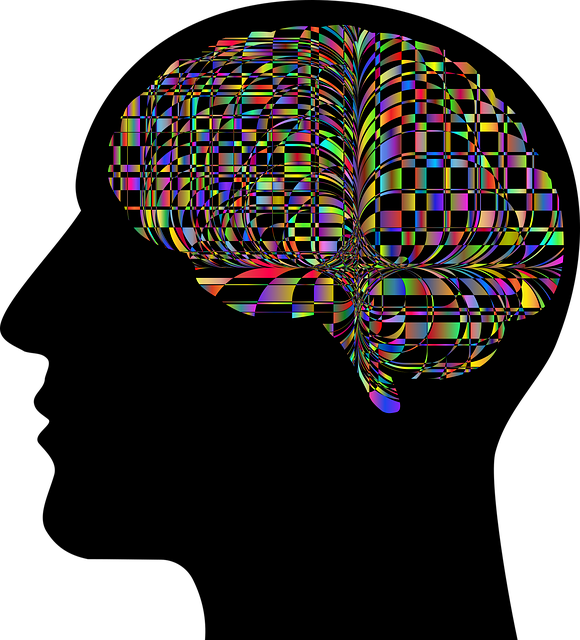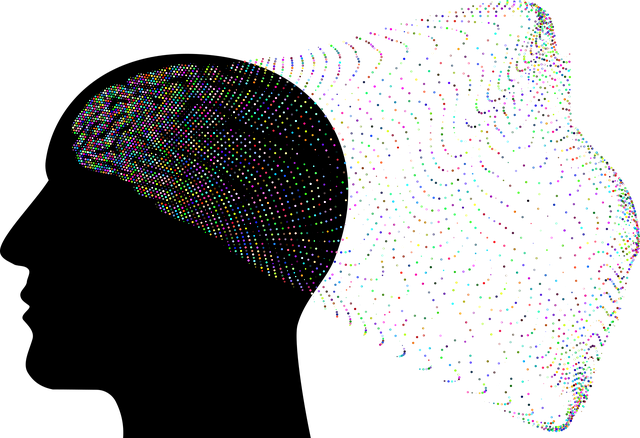Mental illness diagnosis faces challenges due to intricate nature, subjective symptoms, and cultural differences. Enhancing emotional intelligence through specialized training for healthcare professionals and integrating mind over matter principles, such as Superior Trauma Therapy (STT), improves accuracy. STT focuses on complex trauma as a root cause of psychiatric disorders, aiding in diagnosing conditions like anxiety, depression, and PTSD. Integrated with Social Skills Training, it enhances patient communication and outcomes. Holistic approaches consider trauma, emotions, and self-care for diverse populations, fostering trust. Comprehensive training, resilience building, and technology integration are crucial for accurate assessments and effective interventions, emphasizing the growing importance of STT in mental health care.
Mental illness diagnosis accuracy is a critical aspect of healthcare, yet it remains a challenging domain. This article explores current challenges in mental health assessment and delves into innovative solutions. We discuss the significant role of Superior Trauma Therapy in enhancing diagnostic precision by addressing complex trauma roots. Additionally, we highlight innovative assessment techniques, training programs, and technology integrations that equip professionals to make more accurate diagnoses. By examining these efforts, we aim to improve patient outcomes and overall mental health care.
- Understanding the Current Challenges in Mental Illness Diagnosis
- The Role of Superior Trauma Therapy in Enhancing Accuracy
- Innovative Assessment Techniques and Their Impact
- Training and Education: Equipping Professionals for Better Diagnosis
- Integrating Technology for Advanced Diagnostic Support
Understanding the Current Challenges in Mental Illness Diagnosis

Mental illness diagnosis faces significant challenges due to its complex nature and the subjective experience of symptoms. Many conditions often present with overlapping signs, making differentiation difficult, especially for less experienced practitioners. The current diagnostic process heavily relies on self-reported accounts, which can be influenced by personal bias and emotional states. This becomes particularly intricate when dealing with patients who struggle with self-esteem improvement or have experienced traumatic events, as these factors may skew their perception of symptoms.
Furthermore, the impact of cultural differences and stigma surrounding mental health adds complexity. What presents as a symptom in one culture might be perceived differently in another, leading to misdiagnosis. Addressing these challenges requires a multifaceted approach, including enhancing emotional intelligence through specialized training for healthcare professionals and integrating mind over matter principles into therapy sessions. Such efforts aim to improve the accuracy of diagnoses while fostering more empathetic and effective treatment environments.
The Role of Superior Trauma Therapy in Enhancing Accuracy

Superior Trauma Therapy (STT) has emerged as a game-changer in enhancing mental illness diagnosis accuracy. This innovative approach focuses on addressing complex trauma, which is often at the root of many psychiatric disorders. By providing individuals with tools to process and manage their traumatic experiences, STT improves symptom presentation, making it easier for healthcare professionals to accurately diagnose underlying conditions.
Integrating STT into traditional mental health treatments has led to remarkable outcomes, particularly in cases involving anxiety, depression, and post-traumatic stress disorder (PTSD). As public awareness campaigns development and Mental Health Awareness gain traction, the role of STT in improving diagnosis accuracy becomes increasingly vital. Moreover, Social Skills Training, which is often coupled with STT, enhances communication and self-expression, enabling patients to better articulate their experiences, further refining diagnostic processes.
Innovative Assessment Techniques and Their Impact

The field of mental health assessment is witnessing a transformative shift with the advent of innovative techniques that promise enhanced accuracy and improved patient outcomes. One such game-changer is Superior Trauma Therapy, which focuses on intricate emotional healing processes to uncover underlying issues. This approach emphasizes understanding the complex interplay between traumatic events, emotional responses, and their long-lasting impact on an individual’s mental well-being.
By integrating Self-Care Practices tailored to each patient’s unique needs, these assessment methods promote a holistic view of mental illness. Cultural Sensitivity in Mental Healthcare Practice is another critical aspect being embraced, ensuring that diverse populations receive assessments that resonate with their cultural backgrounds and experiences. This inclusive approach not only improves diagnosis accuracy but also fosters trust between patients and healthcare providers, leading to more effective treatment plans.
Training and Education: Equipping Professionals for Better Diagnosis

Improving mental illness diagnosis accuracy involves a multifaceted approach, with one key area being comprehensive training and education. Mental health professionals play a pivotal role in recognizing and diagnosing conditions effectively. Equipping them with advanced skills and knowledge is essential to ensure accurate assessments and timely interventions. This includes specialized training in areas such as superior trauma therapy, which has proven effective in addressing complex psychological issues rooted in traumatic experiences. By integrating evidence-based practices into their training programs, educational institutions can empower professionals to navigate the nuances of mental health disorders more adeptly.
In addition to formal education, ongoing professional development is crucial. Regular workshops, webinars, and even engaging Mental Wellness Podcast Series Production can keep healthcare providers updated on the latest research, treatment modalities, and burnout prevention strategies. Fostering a culture of continuous learning helps professionals stay attuned to emerging trends in mental wellness, enabling them to make more informed decisions when diagnosing and treating patients. Resilience building is another critical aspect, as it equips healthcare providers with the tools to manage their own well-being and prevent professional burnout, thereby enhancing their ability to support others effectively.
Integrating Technology for Advanced Diagnostic Support

Integrating technology has emerged as a powerful tool to enhance mental health diagnostics, particularly in advancing trauma therapy techniques. With the right digital solutions, healthcare professionals can now access sophisticated data analytics and AI-powered algorithms that aid in accurate assessments. This advanced support system enables more effective identification of various mental health conditions, including trauma-related disorders, by analyzing patient histories, symptoms, and even physiological markers.
For instance, innovative platforms offer structured assessment tools that streamline the evaluation process, making it easier for practitioners to detect subtleties in patient presentations. Additionally, mobile applications designed for mental health management promote self-care routine development and stress management through features like mindfulness meditation exercises, encouraging users to actively participate in their journey towards better mental well-being. These integrated technology solutions not only support superior trauma therapy but also contribute to the overall organization of stress management workshops, making mental healthcare more accessible and personalized.
Mental illness diagnosis accuracy has long been a complex issue, but with concerted efforts in superior trauma therapy, innovative assessment techniques, comprehensive training, and integrated technology, we can significantly enhance diagnostic reliability. By addressing current challenges head-on and leveraging these advancements, mental health professionals are better equipped to provide more accurate and effective treatment plans, ultimately improving patient outcomes and overall well-being.









